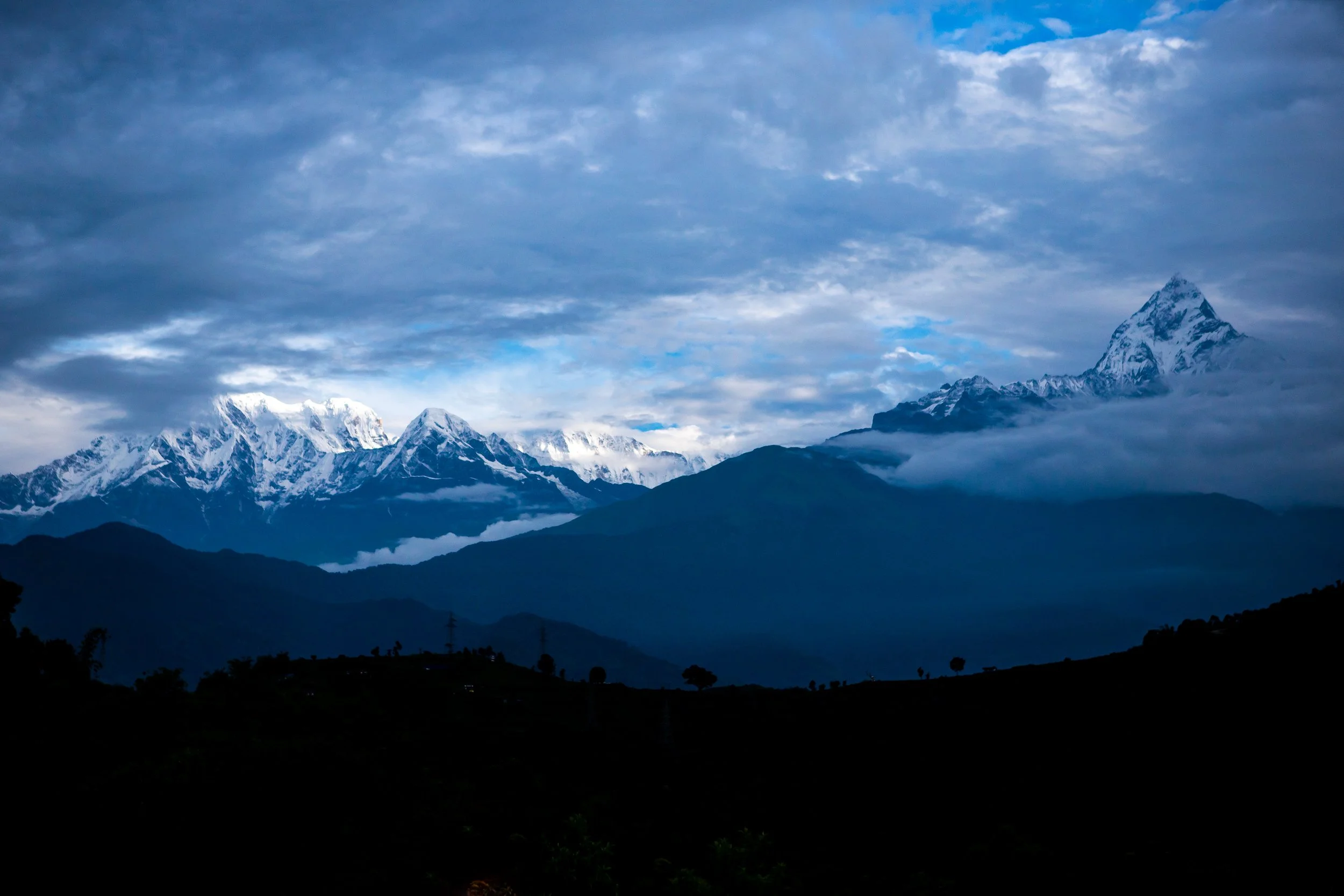Legacy at a Crossroads
From the day Norchung was born, he was destined to be a monk. Traditionally, every firstborn son in Tibet was to be dedicated to furthering Buddhism. In 1959, at 23 years of age, Norchung was forced to flee his monastery in Tibet to Mustang, India. Five years later, he went in search of his family, hearing that they had escaped to Nepal. On the way to Pokhara, through the harsh mountainous landscape and changes in altitude, he was reunited with his niece, Tsering, who had escaped traffickers at just six years old. It was a miracle.
When they made it to Pokhara together, they were reunited with their family. They settled with the others in an unwanted area of the forest, where ghosts were believed to reside, beside a river where locals cremated the dead. There was no infrastructure. Most people had lost all their cattle in the chaos of leaving Tibet and had sold all their valuable belongings in order to reach Pokhara. They received aid from the World Health Organisation. Norchung worked any job he could find. He worked as a porter for road builders in the region, as well as carrying tourists’ heavy equipment across the Himalayan mountain ranges. Later in life, he made rugs and souvenirs to sell to tourists. He held on to his spiritual calling; he never married.


